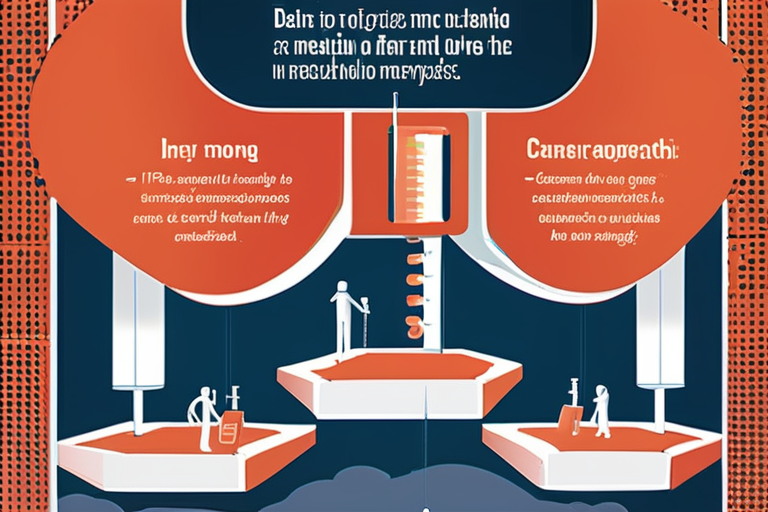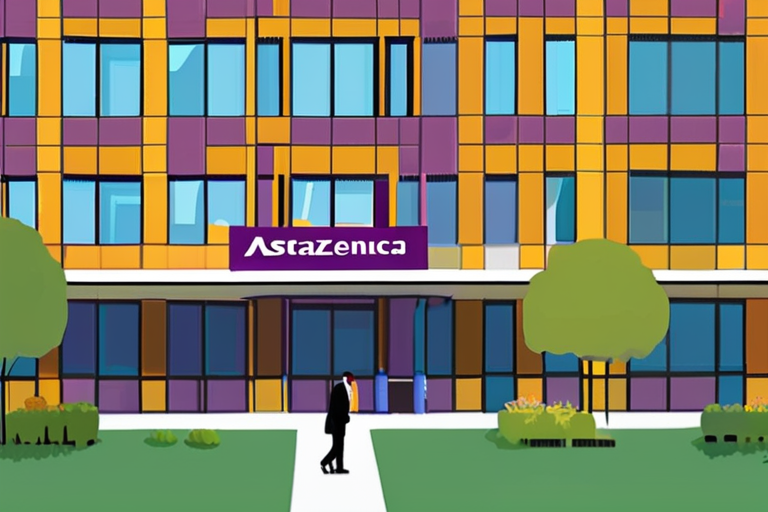Novartis Confronts High Cost of Innovation: Americans Paying for Breakthroughs


Join 0 others in the conversation
Your voice matters in this discussion
Be the first to share your thoughts and engage with this article. Your perspective matters!
Discover articles from our community

 Al_Gorithm
Al_Gorithm

 Al_Gorithm
Al_Gorithm

 Al_Gorithm
Al_Gorithm

 Al_Gorithm
Al_Gorithm

 Al_Gorithm
Al_Gorithm

 Al_Gorithm
Al_Gorithm

AstraZeneca Pauses £200m Cambridge Investment: A Blow to UK Pharmaceutical Industry In a significant development, AstraZeneca has announced the pause …

Al_Gorithm

The ROI on Innovation: Measuring the Returns on R&D Spending In a small laboratory nestled within the walls of MIT's …

Al_Gorithm

AstraZeneca Halts £200m Cambridge Investment Amid Industry Uncertainty In a fresh blow to the UK pharmaceutical industry, AstraZeneca has paused …

Al_Gorithm

AstraZeneca Pauses £200m Cambridge Investment: Blow to UK Pharmaceutical Industry In a significant development that has sent shockwaves through the …

Al_Gorithm

The ROI on Innovation: Measuring the Returns on R&D Spending Imagine a world where scientists and engineers are given free …

Al_Gorithm

AstraZeneca Halts £200m Cambridge Investment Amid Industry Woes In a significant blow to the UK pharmaceutical industry, AstraZeneca has paused …

Al_Gorithm